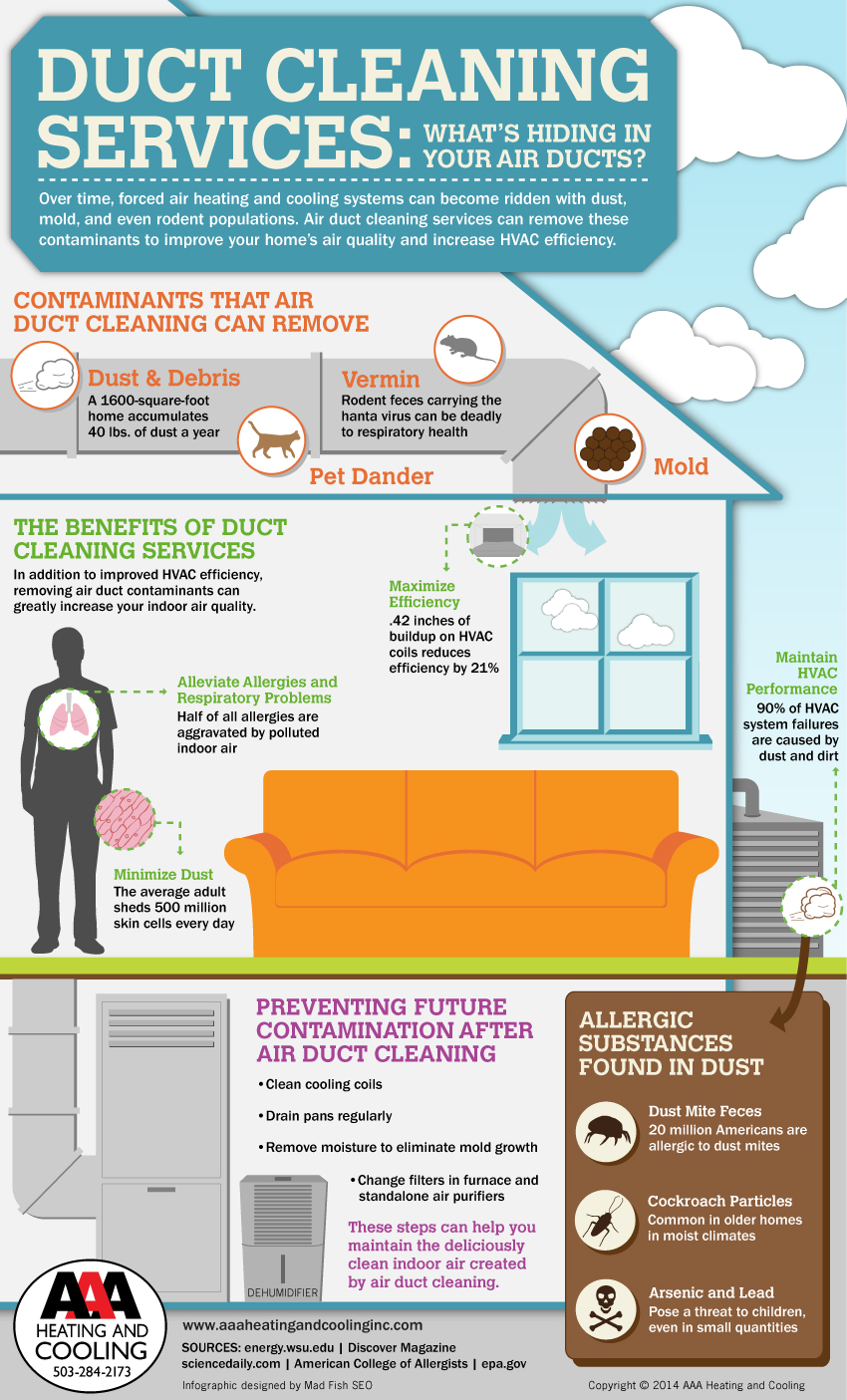The Future Of Home Home Heating - How Heatpump Innovation Is Evolving
The Future Of Home Home Heating - How Heatpump Innovation Is Evolving
Blog Article
Write-Up Author-David Stack
Heat pumps will be a vital modern technology for decarbonising home heating. In a situation regular with governments' introduced energy and environment commitments, their international capability doubles by 2030, while their share in heating rises to one-quarter.
They work best in well-insulated homes and rely upon power, which can be supplied from an eco-friendly power grid. https://www.consumerreports.org/home-safety/your-home-has-hidden-dangers-these-fixes-will-keep-you-safe/ are making them a lot more efficient, smarter and cheaper.
Fuel Cells
Heat pumps utilize a compressor, cooling agent, coils and fans to relocate the air and warmth in homes and devices. They can be powered by solar energy or electricity from the grid. They have been getting popularity as a result of their low cost, quiet procedure and the capability to produce electrical energy during peak power demand.
Some companies, like IdaTech and BG MicroGen, are working with fuel cells for home heating. These microgenerators can replace a gas boiler and produce some of a residence's electrical demands with a link to the electricity grid for the remainder.
However there are factors to be hesitant of using hydrogen for home heating, Rosenow states. It would certainly be pricey and ineffective contrasted to various other technologies, and it would certainly add to carbon exhausts.
Smart and Connected Technologies
Smart home technology allows house owners to connect and control their tools remotely with the use of smart device apps. For example, wise thermostats can learn your heating preferences and automatically get used to optimize energy usage. Smart illumination systems can be managed with voice commands and instantly switch off lights when you leave the space, minimizing power waste. And clever plugs can keep track of and handle your electric usage, enabling you to determine and limit energy-hungry devices.
The tech-savvy household portrayed in Carina's meeting is an excellent image of how occupants reconfigure room home heating practices in the light of brand-new smart home technologies. They rely upon the gadgets' computerized attributes to perform everyday changes and concern them as a convenient methods of conducting their heating methods. Because of this, they see no factor to adjust their methods additionally in order to make it possible for adaptability in their home energy need, and treatments targeting at doing so might encounter resistance from these families.
Electrical power
Given that heating homes represent 13% people emissions, a button to cleaner alternatives can make a large distinction. However the innovation faces challenges: It's costly and needs substantial home restorations. And it's not constantly compatible with renewable energy sources, such as solar and wind.
Until recently, electric heatpump were as well expensive to compete with gas designs in a lot of markets. Yet new developments in layout and products are making them much more budget friendly. And much better cold environment performance is enabling them to function well also in subzero temperatures.
The next step in decarbonising home heating may be the use of warm networks, which draw heat from a central resource, such as a close-by river or sea inlet, and disperse it to a network of homes or buildings. That would certainly decrease carbon discharges and permit households to take advantage of renewable energy, such as eco-friendly power from a grid provided by renewables. This option would certainly be much less pricey than changing to hydrogen, a nonrenewable fuel source that needs brand-new facilities and would only decrease CO2 exhausts by 5 percent if coupled with enhanced home insulation.
Renewable Energy
As electrical energy rates drop, we're beginning to see the exact same fad in home heating that has actually driven electric vehicles into the mainstream-- however at an also faster pace. The strong environment instance for electrifying homes has actually been pressed additionally by new research.
Renewables represent a substantial share of modern-day warmth consumption, however have actually been offered limited plan focus globally contrasted to other end-use markets-- and also less attention than power has. In part, this reflects a mix of customer inertia, split motivations and, in numerous countries, subsidies for fossil fuels.
https://www.nny360.com/top_stories/national-grid-offers-tips-on-reducing-energy-consumption-during-summer/article_6df8a1cd-b452-5346-aded-653d190cd92b.html can make the shift easier. As an example, heatpump can be made a lot more energy efficient by changing old R-22 cooling agents with brand-new ones that don't have the high GWPs of their precursors. Some experts also envision area systems that attract warmth from a nearby river or sea inlet, like a Norwegian fjord. The cozy water can then be used for cooling and heating in a community.